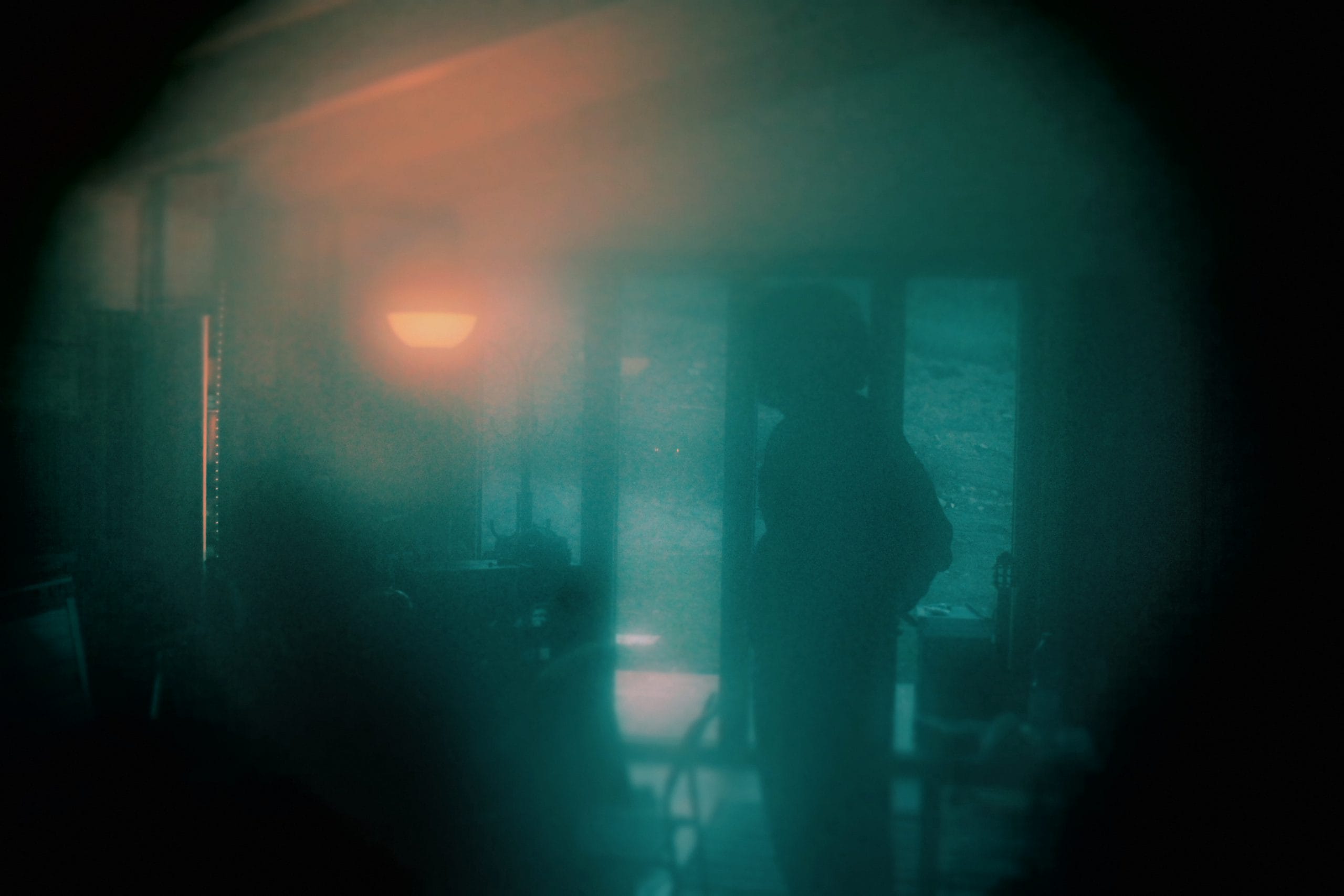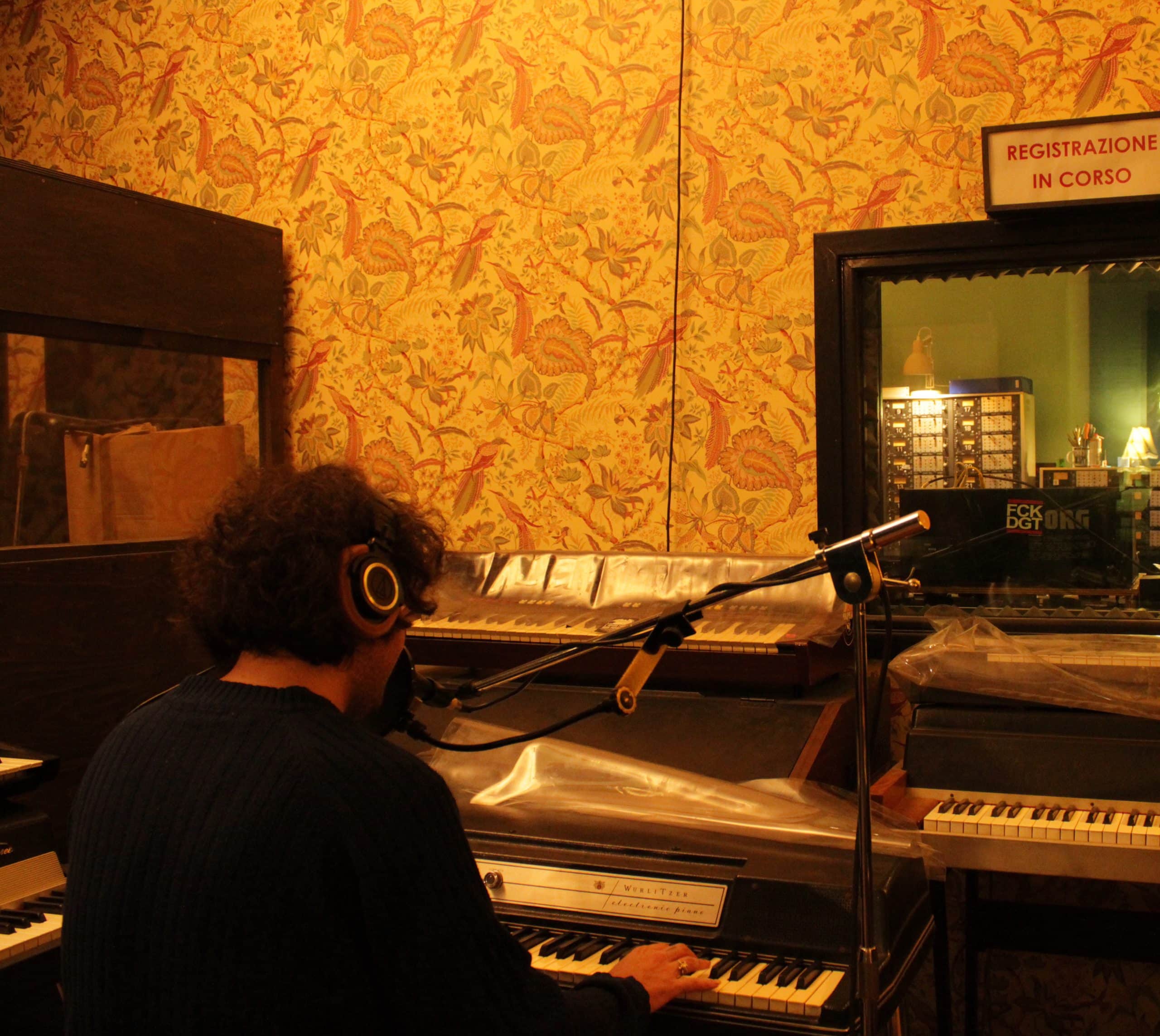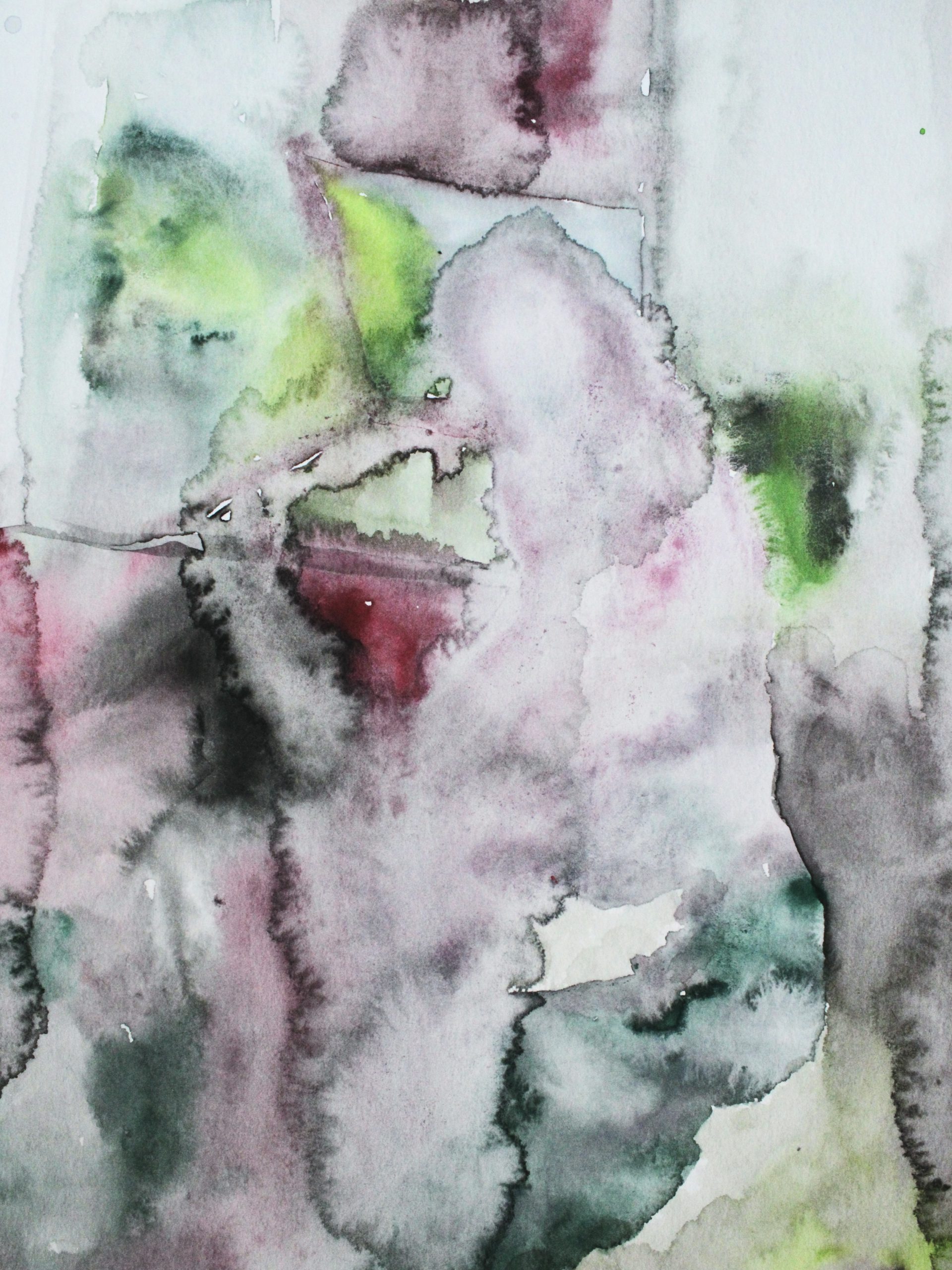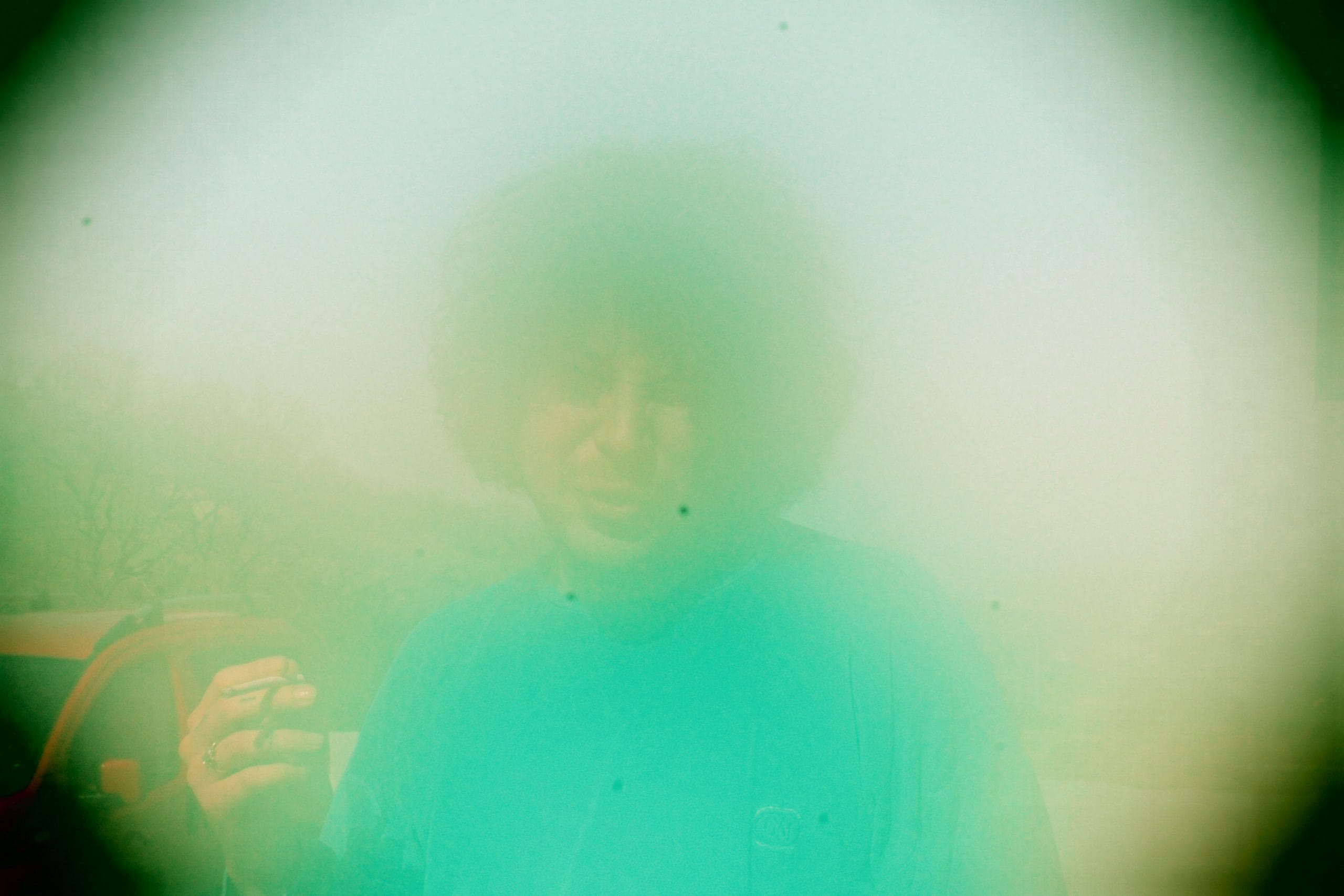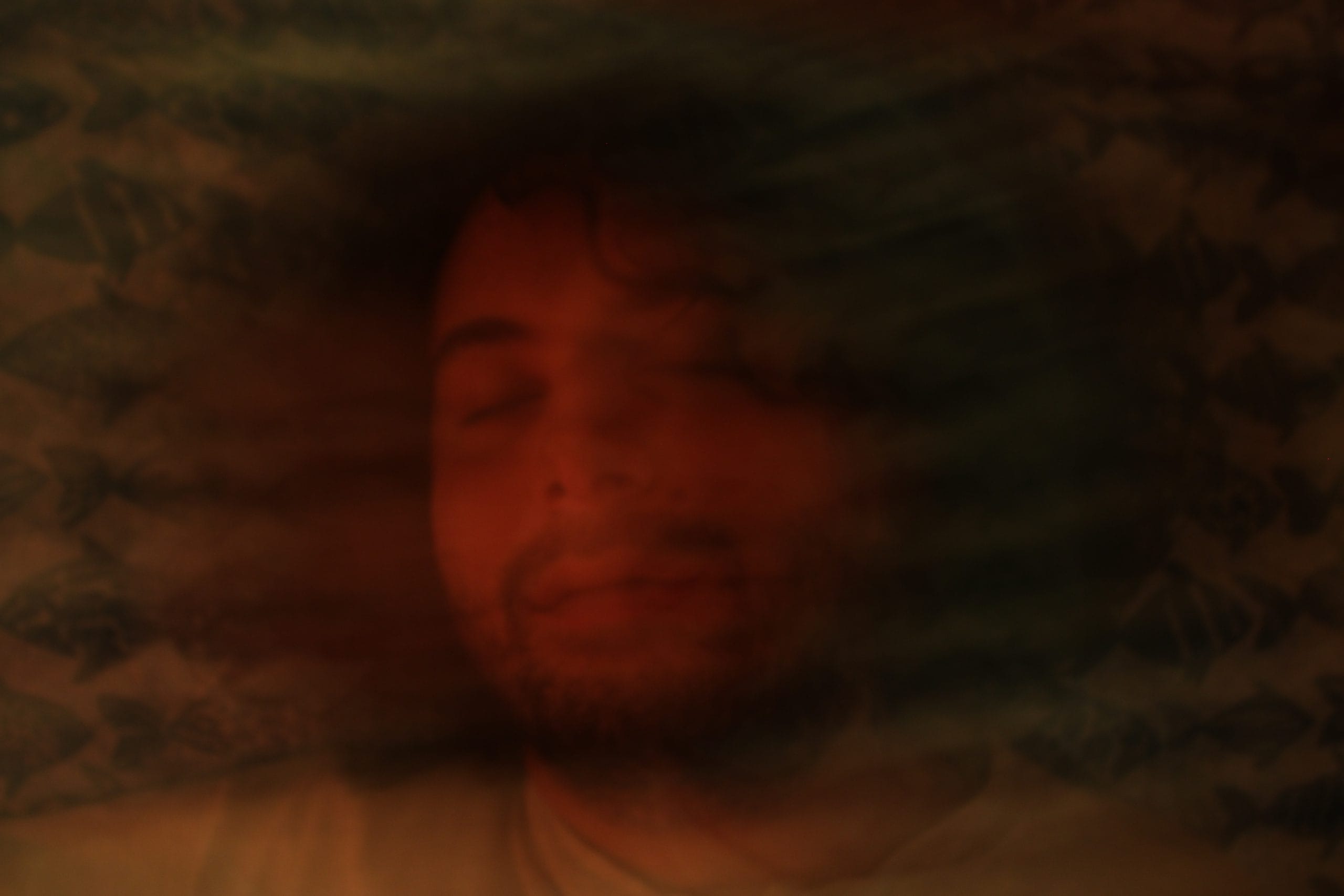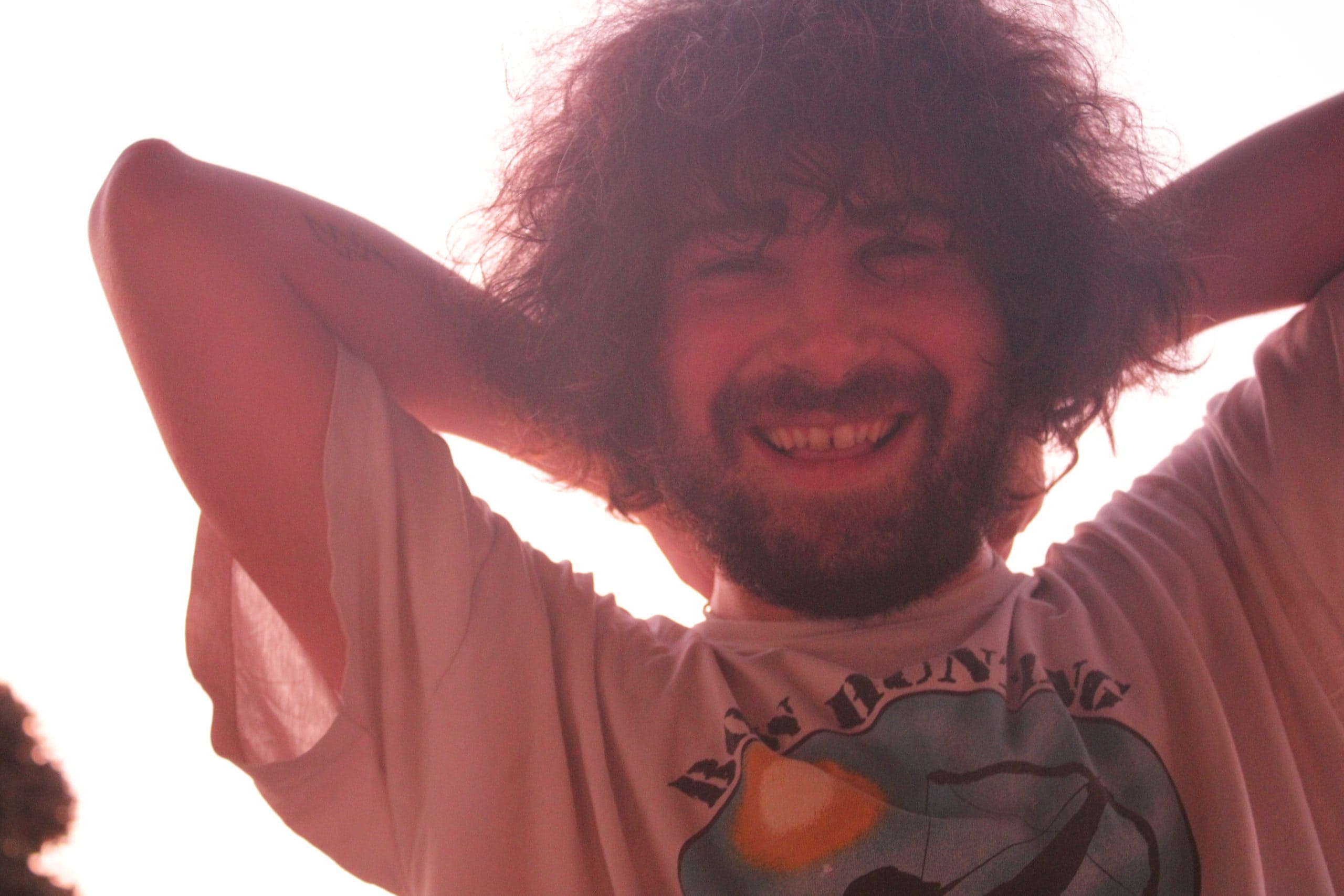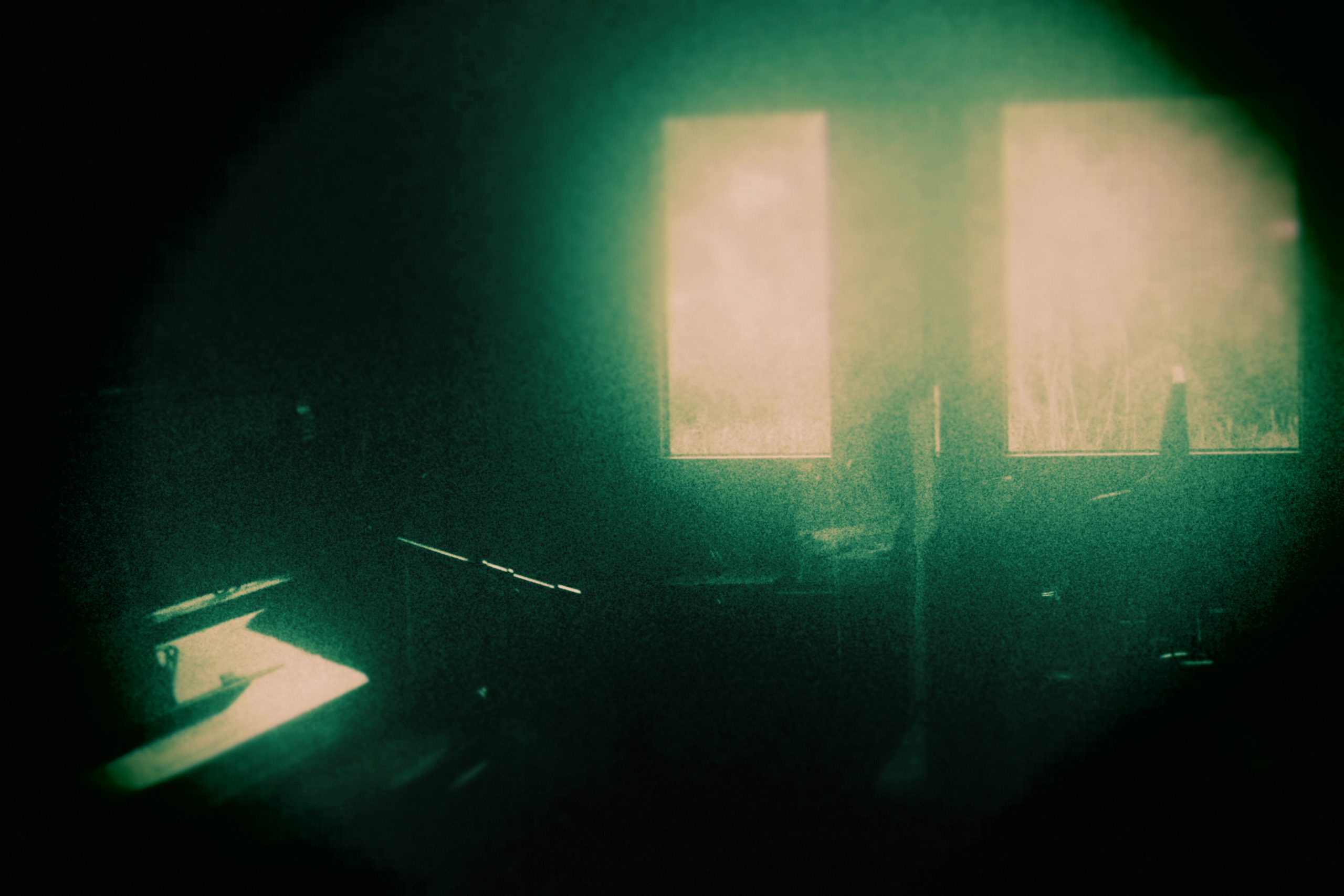On the day of the release of Michele Ducci’s second single You Lay the Path, C41 presents an exclusive conversation on the upcoming new album SIVE, out on June 7th, and on the first single River, which lucidly brings back the artist’s creative impulse which magnetises listeners to soothing melodies and smooth sounds. Ducci makes his comeback after a pause from his previous music projects M+A, an electro-pop duo, and Santii, which brought him to collaborate with hip-hop artists such as Rejjie Snow, Mick Jenkins, and Music Producer Supah Mario.
Ilaria Sponda: What does it mean to you to create and share music?
Michele Ducci: When I write music, my focus is on exploring the threshold between two points, which I refer to as a “quasi”–Italian adjective for “almost”– landscape. It’s not a contained landscape, but rather one that moves through points A and B without fully settling in either. I believe that the concept of “wholeness” is related to sound. The feeling that philosophers attribute to intentionality is actually a sensation, an experience of being overwhelmed without escape, similar to a child’s fear of the dark. It’s something that we listen to, an immanence that we endure. In this sense, making music is akin to the Pythagorean belief: it’s a means to bring order to the obsession with presence, a way to remember. It opens a vast past within our own experience, a past that belongs to no one and nothing, much like when we gaze at a star. When we observe a star, we are aware that we might be seeing something that no longer exists. In reality, the act of seeing the star brings the past directly into the present. We “feel” the past in the present through the act of perceiving the star, in a way that parallels our hearing. This question arose during conversations with Rocco Ronchi, a renowned Italian philosopher and dear friend of mine, while discussing Apichatpong Weerasethakul’s film, Memoria. On the other hand, sharing music is like an extension of the body, a teleportation of the incorporeal. It is an essential element because it allows us to transcend solipsism and engage with the wider community. It is always intriguing to discover how another person experiences music, particularly when what is being shared is inherently resistant and difficult to convey. Klossowski referred to this as the impulse that intersects all desires.
IS: What is your relationship with interviews?
MD: I always have the fear that talking about myself is a form of self-indulgence, but then I realize that having a conversation with someone outside of myself calms and expands the soul, which is a constant dialogue with oneself.
IS: SIVE is your first solo album. It is often difficult for an artist to separate themselves from their first group and their first stage name. Now it’s just you, without stage names or acronyms. How does this authenticity make you feel?
MD: Less haunted and in a situation that I consider very healthy, where what I want to do is what I can do, and what I can do is exactly what I want to do, without strange and unrealistic possibilities. It’s a kind of self-restraint. A poet I greatly admire, Antonella Anedda, says that only a few have the courage to go from the name they have to the name they truly are. The name will disappear with the body, leaving marks on a stone for a while, which rightfully amuses physicists, and then the only thing left will be the air. I am more interested in this connection with the air, with life than with the name I have.
IS: What is coming out of this new practice?
MD: Life that lives.
IS: And how did you conceive and work on this album?
MD: I recorded SIVE here in Italy, with the help of sound engineer Franco Naddei at L’Amor Mio Non Muore Studios. It’s a very small studio, but everything is recorded exclusively in analog. Recording a song is like sharing something intangible that emerges from our bodies and is different from what it results in. Always very strange and fun. The most beautiful thing is that in the studio, we made a conscious effort to eliminate any ambition or obsession for hyperproduction: we recorded everything together, without stopping or cutting… from start to finish. It was a direct recording of piano and voice. The piano was captured with a Neumann U87 for the higher part and with two microphones for the lower part. The Neumann was recorded through a Space Echo pedal and sent through a Lombardi LC8 valve amp to capture both the piano’s sound and the vocal nuances that were sent through the amp… I really wanted each song to have the exact duration of what happened during the recording, without countless edits and montages. In the studio, many musicians often tend to record, for example, multiple vocal tracks to create a single main voice, and over time I realized that the song loses a lot, the voice becomes monotonous and loses its vitality… You can’t hear your breath anymore. One thing I would like to mention is that this album would not have been possible without Kim Harrison-Lavoie from my label Monotreme Records. She is a truly unique individual in this strange world of today’s music.
IS: River, the first track released as a teaser of SIVE, is a simple, almost sparse melody, where the word “solitude” emerges as the queen of a bustling New York, where you refer to yourself as a river. Have you ever lived in New York? How does your work relate to this city and what memories do you have of it?
MD: River comes from a very confusing period in my musical life when it seemed like the compass that guided us – which is music – was getting lost. I was in New York to meet people from the music business, and I felt like I was scattered on the ground surrounded by meaningless words. I felt like solitude in a gloss, lost in the vastness of the city. I remember that while looking at the Hudson River, with the pressures of a music career in my heart that had nothing to do with music, I felt a deep connection with the flowing waves of the river, a sort of kinship. That impression was so strong and vivid that it came back to me years later in the form of this song called River. I wanted the whole album to be as stripped down and raw as possible. It was a crucial matter for me in these times of excessive editing in music. I have no specific memories of New York, just flashes of a city that I thought I didn’t like at all but actually has a very special charm. As I mentioned earlier, I was there for a short time for musical reasons, along with my colleague Alessandro from M+A and Santii. We stayed in a very basic but super cheap and comfortable Bowery house… And I felt like I was a river.
